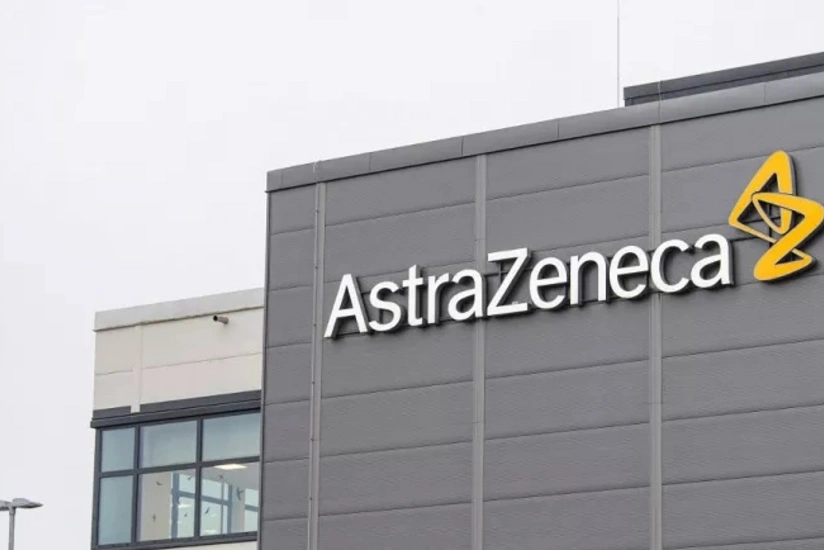AstraZeneca announces new anti-obesity drug deal and positive profit
- 12 November, 2023
- 06:05

AstraZeneca's share price climbed after it announced a multi-billion dollar deal with Chinese biopharmaceutical company Eccogene to produce a new anti-diabetes and obesity drug, Report informs via Euronews.
In an investor update, the multinational pharmaceutical group also posted total revenue of $33.8 billion for the first nine months of 2023, up 5%, despite a sharp decline in Covid-19 vaccine sales.
AstraZeneca, which became a household name during the Covid-19 pandemic when it produced one of the first vaccines to be approved on the market, said, however, that sales of it had declined by close to $2.9 billion since the start of January through to the end of September, as demand for it dropped.
However, strong results in other categories still enabled the Anglo-Swedish company to post a positive growth trajectory in the third quarter (Q3) with total revenue from non‑Covid-19 medicines up 13% compared to last year.
“Given the momentum in the year to date we have increased our full-year guidance for total revenue excluding Covid medicines as well as for Core EPS,” Pascal Soriot, chief executive officer at AstraZeneca, said in a statement.
AstraZeneca also announced further plans to invest in its cancer medicines research and development (R&D).
“Our portfolio of bispecifics has the potential to replace the first generation checkpoint inhibitors across a range of cancers,” Soriot also highlighted.
He added that the company launched the phase 3 trial of high-potential molecules in Q3, that could see a new oncology medicine approved on the market soon.
Soriot also noted the agreement signed with Chinese pharmaceutical company Eccogene, to develop a drug using a specific molecule which “could offer an important advance, as both a monotherapy and in combinations, for the estimated one billion people living with cardiometabolic diseases such as type-2 diabetes and obesity”.
AstraZeneca is paying $185 million upfront to its new Chinese partner, as the agreement paves the way for more R&D towards a new once-daily oral drug.
The small molecule in question in the deal is known as ECC5004. It works as a receptor agonist, triggering a biological response in the brain or cells. Developing an oral drug would be a game-changer, as it is so far only available in the form of injections.
The deal, which was made public on Thursday, provides that AstraZeneca will pay $1.825 billion to Eccogene “in future clinical, regulatory, and commercial milestones”.
